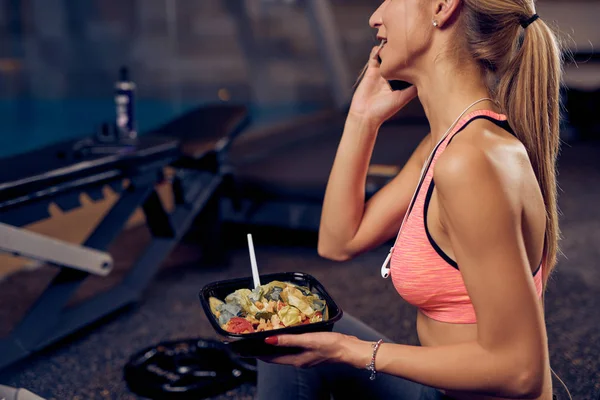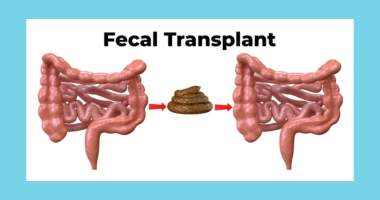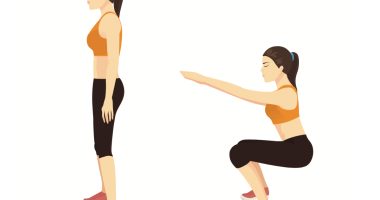When to Exercise—Before or After Eating? Regarding weight loss, the timing of your workouts about meals is a topic of considerable debate. Should you exercise before or after eating? This question has garnered attention from fitness enthusiasts and researchers alike, as it may significantly impact fat loss and overall health. Understanding the nuances of this topic can help you make informed decisions that align with your personal fitness goals.
Timing Your Workouts: Before or After Eating?

Should You Exercise Before or After Eating for Weight Loss?
The decision to work out on an empty stomach, known as fasted cardio, is often promoted as a method to enhance fat burning. Research from Nottingham Trent University indicates that exercising on an empty stomach can lead to burning approximately 70% more fat compared to exercising after eating. However, this approach may not suit everyone. For instance, some individuals report decreased performance and motivation when exercising without prior nutrition.
Conversely, exercising after eating can provide more energy and improve workout performance. Consuming a balanced meal before exercise can enhance endurance, particularly for high-intensity or prolonged workouts. Studies suggest that eating before exercise may be beneficial for those engaging in strenuous activities, as it helps maintain blood glucose levels and prevents fatigue.
Fasted vs. Fed Exercise: What Does the Research Say?

Does Exercising on an Empty Stomach Boost Weight Loss Results?
The benefits of fasted exercise are supported by some studies; however, the results are mixed. While one study found that participants who exercised without eating burned more fat and consumed fewer calories throughout the day, another study revealed no significant differences in body composition between those who ate before exercising and those who did not.
Additionally, exercising in a fasted state may lead to muscle protein breakdown if the body starts using protein as fuel due to low glycogen stores. This can hinder muscle recovery and growth, which are crucial for long-term weight loss success. Therefore, while fasted workouts might accelerate fat loss for some, they could compromise performance and recovery for others.
Pre-Workout Nutrition: Fueling Your Body

What to Eat Before Exercising to Speed Weight Loss
Eating before a workout can enhance performance and endurance. The ideal pre-workout meal should be rich in carbohydrates and moderate in protein while low in fats to ensure quick digestion. Here are some effective options:
- Banana with Nut Butter: Provides quick energy from carbohydrates and healthy fats.
- Greek Yogurt with Berries: Offers protein along with antioxidants from berries.
- Oatmeal with Fruit: A great source of complex carbohydrates that release energy slowly.
Timing is also crucial; aim to eat 30 minutes to an hour before exercising to allow your body time to digest.
Post-Workout Nutrition: Recovery Matters

What to Eat After Exercising to Speed Weight Loss
Post-exercise nutrition is vital for recovery and muscle repair. Consuming protein and carbohydrates after a workout helps replenish glycogen stores and aids muscle recovery. Ideal post-workout meals include:
- Grilled Chicken with Quinoa: A lean protein source paired with complex carbohydrates.
- Protein Smoothie: Blend protein powder with fruits for a quick recovery shake.
- Eggs with Whole Grain Toast: Provides protein along with essential nutrients from eggs.
Aim to consume your post-workout meal within 30 minutes to two hours after exercising for optimal benefits.
Foods to Avoid When Exercising

What You Shouldn’t Eat When Exercising
Certain foods can negatively impact your workout performance or recovery:
- High-Sugar Foods: These can lead to energy crashes.
- Greasy or Fried Foods: These are hard to digest and can cause discomfort during exercise.
- Heavy Meals: Eating large portions can lead to sluggishness and nausea during workouts.
Opting for lighter meals that focus on whole foods will support better performance and recovery.
Expert Recommendations
Experts suggest that the best approach depends on individual preferences and fitness goals. If you enjoy fasted workouts and feel energized, they might work well for you. However, if you find that eating beforehand enhances your performance, then that may be the better option.
Ultimately, listening to your body is key. Experimenting with different meal timings and types of food will help you discover what works best for your unique needs while supporting your weight loss journey effectively.
Conclusion
Whether you choose to exercise before or after eating largely depends on personal preference, workout intensity, and individual responses to fasting. By understanding how nutrition affects your body during exercise, you can tailor your approach for optimal weight loss results. Remember that consistency in both diet and exercise is crucial for achieving long-term health goals.










